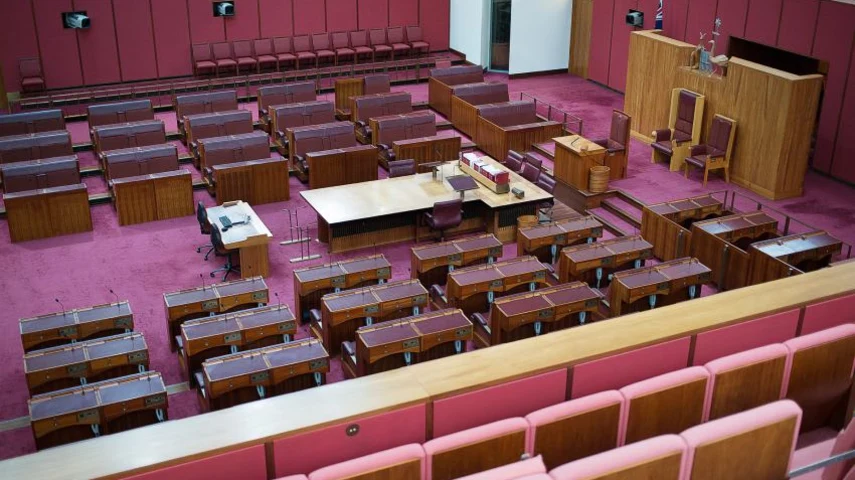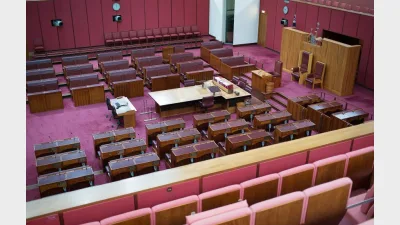SMC urges swift passage of ‘guiding light’ super objective



The industry body is pushing for the Senate to pass the legislation this sitting fortnight.
With the Superannuation (Objective) Bill 2023 listed for debate in the Senate this week, the Super Members Council (SMC) has urged senators to swiftly pass the legislation.
While acknowledging the “transformative” benefits that super has already delivered to millions of Australians, the SMC highlighted that its purpose has not been legislated in the 32 years that the superannuation guarantee (SG) has since been introduced.
“This legislation … will be a guiding light for future policy development in superannuation and deliver certainty and predictability for all Australians who rely on super for a better quality of life in retirement,” the council said on Monday.
SMC CEO Misha Schubert also underscored the importance of how language is used in the objective to reflect the views of the Australian population.
“Ask everyday Australians what super is for, and they’ll tell you it’s their money for retirement,” Schubert said.
“The ‘Objective of Super’ legislation reflects that clear and compelling purpose in ironclad law.
“We strongly support the legislation. It will ensure super stays strong and secure – and continues to deliver a financially secure retirement for millions of everyday Australians, including today’s retirees.
“An agreed objective of super supports more stable, effective and equitable policy settings and reinforces the strong system fundamentals needed to successfully evolve the system.”
Set out in the bill, the government has defined the objective as to “preserve savings to deliver income for a dignified retirement, alongside government support, in an equitable and sustainable way”.
According to the SMC, this, importantly, safeguards super’s preservation policy – the principle that the clear purpose of super is to deliver retirement income – in law.
“The goal of legislating an Objective of Super has long held bipartisan and cross-party support – and we urge the Senate to pass this important piece of legislation this sitting fortnight,” Schubert said.
In April, the Senate economics legislation committee said it was “encouraged” by the overwhelming amount of support garnered by the bill and agreed that it should pass “as a priority”.
In July, the Financial Services Council (FSC) also urged lawmakers to reprioritise the stalled bill and, in particular, to do it ahead of the next election.
“There is less than 12 months to the next federal election, and this always poses a risk to the financial services sector, with the industry at risk of being pulled in different directions by competing political parties,” FSC CEO Blake Briggs said in a LinkedIn post at the time.
According to Briggs, what’s now necessary is a clear, legislated objective that would protect consumers from “tinkering” that ultimately undermines confidence in the system.
“At almost $4 trillion, our superannuation system may seem like you can solve all of Australia’s challenges. But if we undermine the principles of preservation and investing in line with the best financial interests of consumers, then we also undermine the superannuation system’s capacity to deliver on its primary objective – adequate retirement incomes,” Briggs said.
Recommended for you
While the Liberal senator has accused super funds of locking everyday Australians out of the housing market, industry advocates say the Coalition’s policy would only push home ownership further out of reach.
Australia’s largest superannuation fund has confirmed all members who had funds stolen during the recent cyber fraud crime have been reimbursed.
As institutional investors grapple with shifting sentiment towards US equities and fresh uncertainty surrounding tariffs, Australia’s Aware Super is sticking to a disciplined, diversified playbook.
Market volatility continued to weigh on fund returns last month, with persistent uncertainty making it difficult to pinpoint how returns will fare in April.










